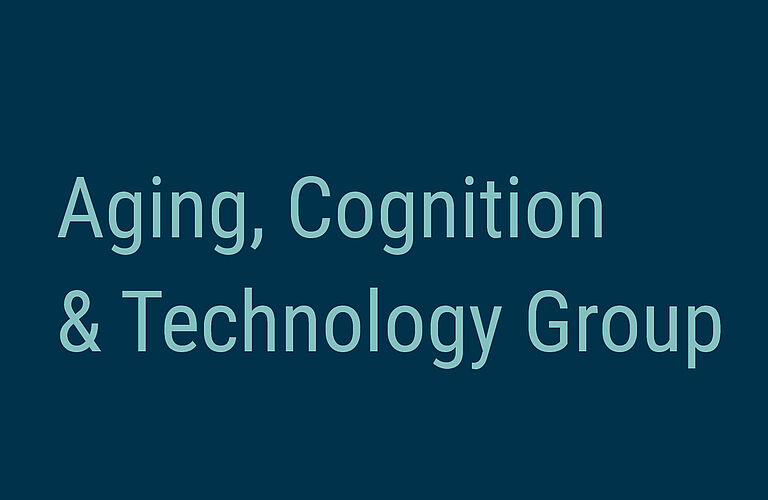HD-Coding
Knowing one's facing direction in the environment is fundamental for accurate navigation. In the rodent, a network of head direction (HD) cells code for this information by showing increased firing rate when the animal faces the cell's preferred orientation. This firing, however, rapidly diminishes as the animal turns away from the cell's preferred direction. With a population of cells coding for different orientations, the net result is akin to a neural compass that provides the animal with a constant directional signal in the environment.

To study this crucial spatial signal in humans, the Wolbers’ lab has used immersive virtual reality (VR) in combination with functional magnetic resonance imaging (fMRI). Shine, Valdés-Herrera, Hegarty and Wolbers (2016) used repetition suppression to identify brain regions sensitive to repeats of the same HD after participants had learned a virtual environment with access to both body-based and visual cues (Figure 2). Consistent with the rodent literature, Shine et al. (2016) found significantly reduced activity in the retrosplenial cortex (RSC), thalamus and precuneus (Figure 3). These data suggest that, by providing participants with full access to both body-based and visual cues via immersive VR and using repetition suppression, fMRI is a viable tool to study the neural correlates of HD coding in humans.


Since August 2019, Postdoctoral researcher Dr Jonathan Shine and PhD student Matthieu Bernard have been working on a grant provided by the European Fund for Regional Development (EFRE), to uncover the basic mechanisms of the HD signal in humans and how they change across the lifespan, using combination of cutting-edge immersive VR and high-resolution functional imaging.


